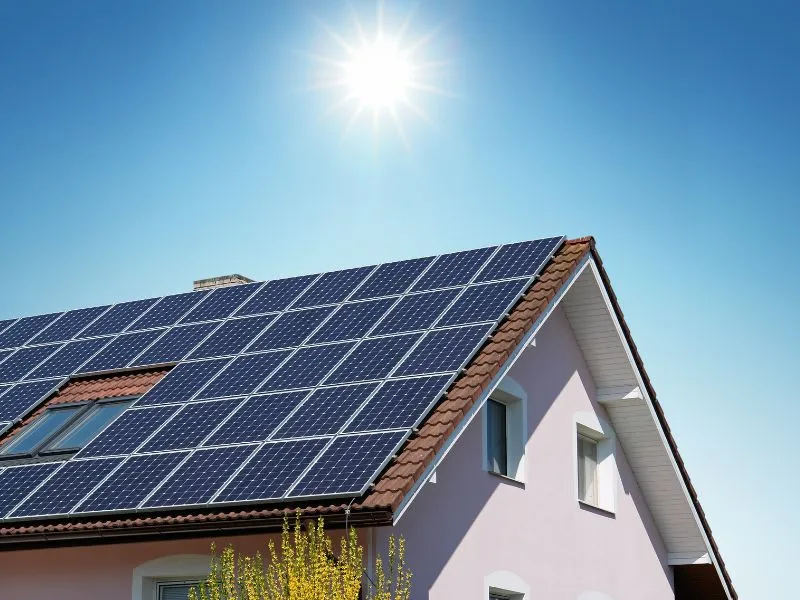Table of Contents
ToggleIntroduction:
Selecting the right solar panels is a crucial decision for homeowners looking to harness the power of solar energy. With various options available in the market, it’s important to understand the key factors to consider when choosing solar panels for your home. In this blog, we will provide a comprehensive guide to help homeowners make an informed decision and find the most suitable solar panels that meet their energy needs and budget.
Section 1: Assessing Your Energy Needs
Before diving into the specifics of solar panel selection, it’s important to assess your energy needs. Consider your average monthly energy consumption and set goals for your solar system, whether it’s to offset a portion or the entirety of your electricity usage.
Section 2: Understanding Solar Panel Types
a. Monocrystalline Panels: These solar panels are made from a single crystal structure and are known for their high efficiency and sleek appearance. They are ideal for homeowners with limited roof space or those seeking maximum energy production.
b. Polycrystalline Panels: Polycrystalline solar panels are made from multiple crystal structures and offer a cost-effective option. While their efficiency may be slightly lower than monocrystalline panels, they still provide reliable performance.
c. Thin-Film Panels: Thin-film solar panels are flexible and lightweight, making them suitable for unique installations and non-traditional roofs. However, they tend to have lower efficiency and require more roof space for the same energy output.
Section 3: Evaluating Panel Efficiency
Efficiency refers to the percentage of sunlight that a solar panel can convert into electricity. Higher efficiency panels produce more electricity per square foot, allowing you to generate more energy even with limited roof space. Consider the efficiency ratings of different panels and balance it with your budget and energy goals.
Section 4: Checking Panel Certifications and Warranties
When choosing solar panels, it’s important to look for certifications and warranties. Certifications like the IEC 61215 and IEC 61730 ensure that the panels meet international quality standards. Additionally, check for comprehensive warranties that cover not only manufacturing defects but also performance guarantees for a specified period.
Section 5: Evaluating Price and Return on Investment (ROI)
While price is an important factor, it shouldn’t be the sole determining factor. Consider the overall value and return on investment (ROI) of the solar panels. Calculate the cost per watt and compare it with the estimated energy savings over the system’s lifespan. Choosing reliable panels with higher efficiency and longer warranties may result in greater long-term savings.
Section 6: Seeking Professional Recommendations and Reviews
Consulting with professional solar installers and seeking recommendations can provide valuable insights into the performance and reliability of different panel brands. Additionally, read customer reviews and testimonials to gather firsthand experiences from other homeowners who have installed the panels you are considering.
Conclusion:
Choosing the right solar panels for your home requires careful consideration of your energy needs, panel types, efficiency, certifications, warranties, price, and ROI. By evaluating these factors and seeking professional recommendations, homeowners can make an informed decision and select solar panels that meet their specific requirements. Embrace the benefits of solar energy by choosing reliable, efficient, and cost-effective panels that will power your home for years to come.
Disclaimer: The information provided in this blog is for informational purposes only and should not be considered as financial or technical advice. Homeowners should consult with qualified professionals and conduct thorough research before making any purchasing decisions.


